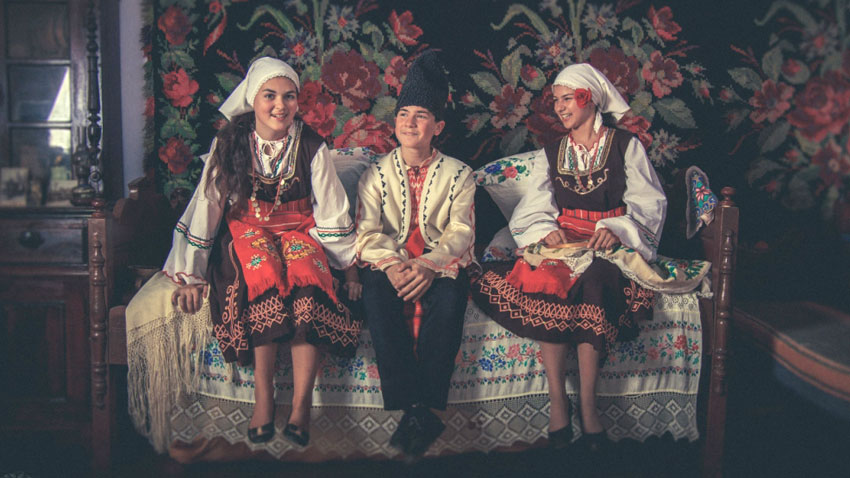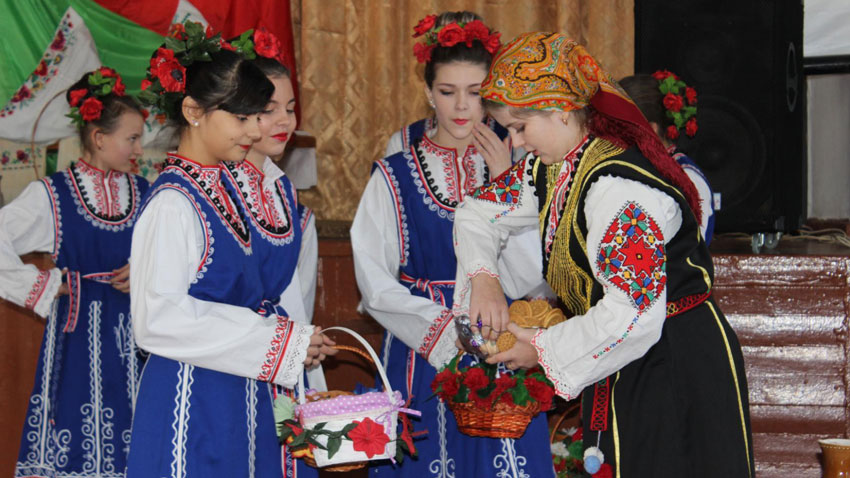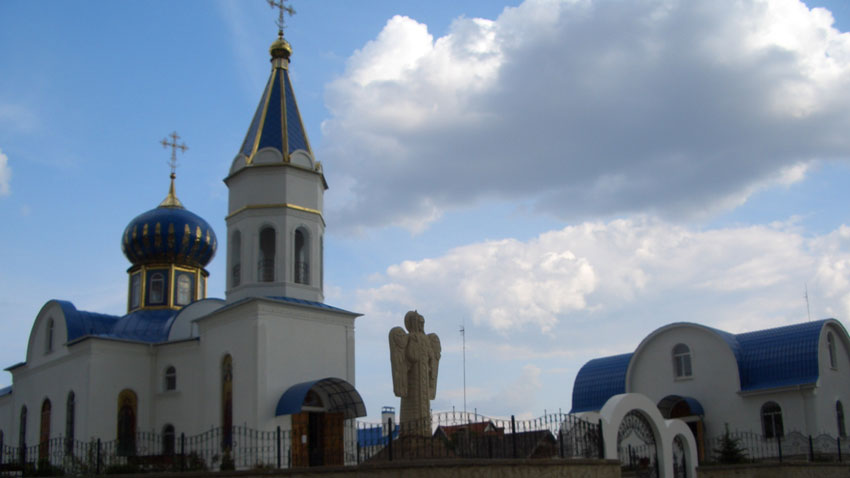 3
3
Japanese scholar Kenta Sugai encountered Bulgarian language during his studies at the Tokyo University of Foreign Languages where he first studied Russian philology. As a linguist he was fascinated by the grammatical features of Bulgarian among other Slavic languages. He focused on the study of dialects of Bulgarian migrants in Romania. For 2 years he specialized in Bulgarian studies at the Sofia University "St. Kliment Ohridski "and defended his doctoral thesis. Currently, Kenta Sugai teaches Bulgarian and Russian at Tsukuba State University in Tokyo. He says that Bulgarian language causes great interest among Japanese people:
“Lectures in Bulgarian are open to non-university listeners and many people who are interested in Bulgarian language, culture, dances and music come to them. Some of the people even sing Bulgarian songs in choirs and come especially to learn Bulgarian,” Kenta Sugai points out.
He likes Bulgaria and the way of life here, which is different in comparison to the fast beat of living in Tokyo. He thinks Bulgarians are very kind people, and recalls just one unpleasant moment when he had to wait for a month for a document he would have otherwise received immediately in Japan. There are some people here who are a bit lazy, the Japanese politely notices. Captivated by the rich Bulgarian history, Mr. Sugai likes visiting the old Bulgarian capital city of Veliko Tarnovo and the ancient town of Plovdiv.
After studying the Bulgarian dialects in Romania, spread around Bucharest, and comparing them with the speech in the Silistra region of Bulgaria, now Kenta is interested in Bulgarian dialects in Bessarabia. Focus of attention is the largest Bulgarian village outside the country - the village of Parcani, which is located in the unrecognized Pridnestrovian Moldavian Republic.

The scholar has visited the village several times, collected materials and hopes to find support among Bulgarian and foreign researchers. At the 14th International Slavonic Readings held in the Sofia University at the end of April, Kenta Sugai presented a report on Russian influences on Bulgarian speech in the village of Parcani.
“Maybe in the future I will focus on Bulgarian dialects spread in Ukraine and Moldova. From a comparative point of view it will certainly be very interesting to explore their current state, which has changed since the collapse of the Soviet Union.”

Kenta Sugai has pointed out that after a series of studies by Soviet linguists and the Atlas of Bulgarian Dialects in the USSR, published in 1958, today the state of the Bulgarian dialects in Bessarabia is a little explored topic. In addition to the influence of Russian, Ukrainian and Moldovan languages, it is now possible to speak of an influence of Bulgarian literary language on the Bessarabian variants, as Bessarabian Bulgarians already have contacts with Bulgaria and many of them study in Bulgarian universities.
Is there a linguistic connection between the language of Bulgarians in Romania and Bessarabia?

“Most of the migrants to Bessarabia have passed through Romania, Wallachia and Moldova, and therefore there is a dialectical community between them,” Kenta Sugai says. “Most of the emigrants came from the eastern parts of Bulgaria. Examining doubling of adjuncts, I noticed that speakers of Bulgarian in Romania have accepted the Romanian model. There is no such thing in Bulgarian dialects in Moldavia or in Besarabia, because in Russian this doubling does not exist. However, at other linguistic levels - morphology, phonetics and lexicology, there are probably a lot of characteristics that have emerged under the influence of Russian or Ukrainian language. For example, people in Parcani often use the Ukrainian word “zaraz," meaning "now", as well as many Russian words. I'm going to study the interference between languages," the Japanese linguist told us.
English: Alexander Markov
Photos: private libraryMore than 30 years after the democratic changes in Bulgaria in 1989, May 1 continues to be a public holiday and a non-working day, but the state authorities are no longer involved in organizing mass events and manifestations, as it..
The days preceding the Orthodox Easter are brightened with smiles and cheerful atmosphere around the world. Students from several Sunday schools abroad have recreated the national traditions and customs associated with the preparation for Easter,..
As of 31 December 2023, Bulgaria's population is 6 445 481, or 1.4% of the EU population, according to the latest data from the National Statistical Institute. There are 3 097 698 men (48.1%) and 3 347 783 women (51.9%). Men predominate in the age group..
A chapel built in the hollow of an old mulberry tree in the courtyard of the Ethnographic Museum in the town of Vratsa is the Easter gift made by the..
Today, the Orthodox Church commemorates St George the Victorious, recognised as one of the earliest martyrs for the faith. Living during the reign..
Games where the main character is the egg are probably not very many . In Germany, for example, on Easter, families visit the church, and then children..

+359 2 9336 661
